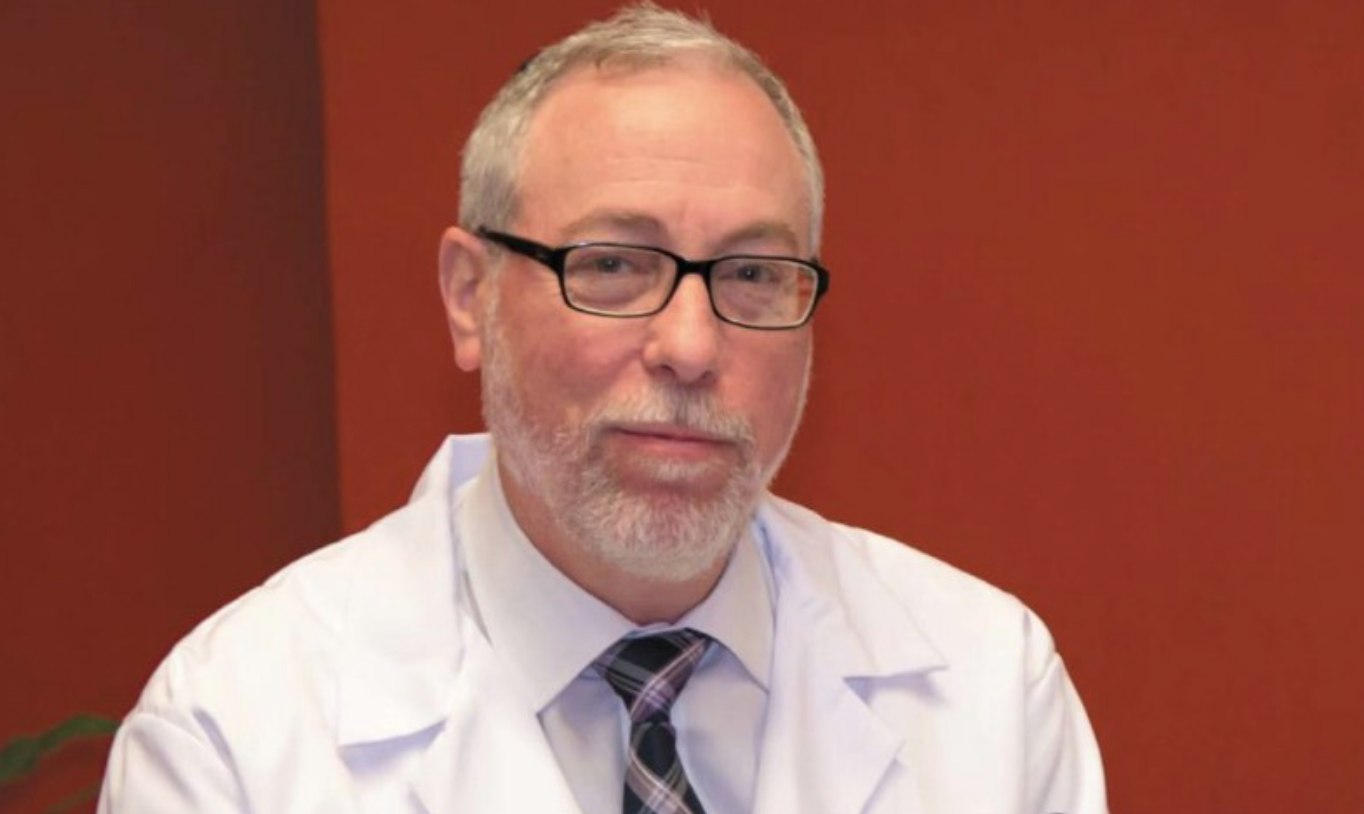 Rabbi Dr. Aaron Glatt
Chair of the Department of Medicine at Mount Sinai South Nassau
Rabbi Dr. Aaron Glatt
Chair of the Department of Medicine at Mount Sinai South Nassau The coronavirus epidemic spread to New York this past week, with members of the Orthodox Jewish community being among the first to test positive. On March 3, a Yeshiva University student’s father was identified as New York’s second case of COVID-19, the novel coronavirus. In a note, the university stated, “The student has not been on campus since Thursday, February 27th and is in quarantine with his family.”
On March 4, the university announced that a student had tested positive for COVID-19, and on March 6 it was confirmed that Rabbi Reuven Fink of the Young Israel synagogue in Westchester County who also teaches two classes at Yeshiva University’s Washington Heights campus, also had tested positive for the coronavirus.
There has been so much anxiety that a suburban Baltimore hotel canceled a reservation for the Yeshiva University men’s basketball team, which opened play in the National Collegiate Athletic Association (NCAA) Division III tournament on March 6.
In response to the growing alarm, the university announced it would cancel all in-person classes and events at the Wilf Campus and Midtown location at least until March 10. On March 5, Yeshiva University held a communitywide conference call to discuss the matter.
Rabbi Dr. Aaron Glatt, chief of infectious diseases at Mount Sinai South Nassau, said that symptoms of the virus might not present at first, meaning precaution should be taken now. “If someone was exposed to a real case of COVID-19, it would take them between two and 14 days to develop the illness if they are going to develop illness,” he said.
He added that while he didn’t want to raise alarm, “People should not be going out in public — not to shul, not to work, not to the supermarket, not to any event. The only place they should be going if they need to is to a doctor.”
“People should not be going out in public — not to shul, not to work, not to the supermarket, not to any event. The only place they should be going if they need to is to a doctor.” — Dr. Aaron Glatt, chief of infectious diseases, Mount Sinai South Nassau
Rabbi Aryeh Lebowitz, director of rabbinic ordination/Semikah program at the Rabbi Isaac Elchanan Theological Seminary at Yeshiva University’s Wilf campus, emphasized the need to take precautions from both a health perspective as well as a moral one. “Someone who’s contagious and goes out and allows other people to catch his illness is doing something quite terrible,” he said, adding that people should refrain from engaging in rituals that encourage kissing of any kind, even kissing a mezuzah or Torah. “Make a kissing sound but don’t put your mouth on it,” he suggested.
Dr. Glatt provided some relief for parents of young children, stating, “The good news is that this disease, COVID-19, doesn’t seem to be a particularly serious illness in children, baruch haShem. There’s not been a single child under the age of 10 that has died from this illness at the present time. Unfortunately, at the other extreme of life, if you’re looking at patients above the age of 80 who have much more serious underlying diseases … the morbidity and mortality of that group is much higher.”
Dr. Ronna Novick, dean of Yeshiva University’s graduate school of Jewish Education, offered guidance on how to psychologically prepare for the outbreak and how to talk to children about it. “It’s tempting in times like this for children to look for a cause — to look for someone or something to blame,” she said. “It’s important for our children to understand that germs happen. They’re no one’s fault. No particular group deserves the blame for the coronavirus outbreak.”
Through all this pandemonium, there was one small silver lining. Yeshiva University’s men’s basketball team made history March 6, winning its first NCAA Division III tournament game against Worcester Polytechnic Institute. It was played in a gym on host Johns Hopkins’ campus in front of no spectators.
Peter Fox is a contributing writer for the Forward and Tablet magazine. Follow him on Twitter @thatpeterfox.






















 More news and opinions than at a Shabbat dinner, right in your inbox.
More news and opinions than at a Shabbat dinner, right in your inbox.